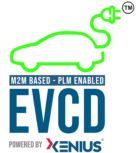UP EV policy includes a slew of incentives
July 1, 2022 2022-07-01 10:02UP EV policy includes a slew of incentives
The EV policy of the Uttar Pradesh Government includes multiple incentives to improve the EV ecosystem in the state. While it aims to launch 1,000 electric buses (BEVs/FCEVs) and achieve 70 per cent EV public transportation on green routes in 10 cities by 2030, it also intends to develop EV manufacturing zones/parks as EV manufacturing hubs with high-quality infrastructure. With a view to achieving ease of doing business, the state Government has established a single point of contact for all approvals.
The policy aims to bring in manufacturing units of high-density power storage with a capacity of at least 5GWh for smooth electric mobility in next five years.
The Government is focusing on ease-of-doing-business so that no EV and EVSE start-up faces any difficulty in manufacturing and supplying equipment
The Uttar Pradesh EV policy aims to attract investments totalling over Rs 40,000 crore in the next five years across the electric mobility ecosystem. The state Government also plans to launch 1,000 electric buses (BEVs/FCEVs) and achieve 70 per cent EV public transportation on green routes in 10 cities by 2030.
The policy also aims to phase out all conventional commercial fleets and transportation vehicles by 2024, and to achieve 50 per cent EV mobility in goods transportation in identified 10 cities by 2030, with a potential workforce of 50,000 people.
The EV policy also aims to deploy nearly 10 lakh EVs by 2024, across all vehicle segments. It plans to bring in manufacturing units of high-density power storage with a capacity of at least 5GWh for smooth electric mobility in the next five years. By 2024, nearly 2 lakh slow and fast charging and swapping stations will be installed across the state.
Under the EV policy, the UP Government intends to develop EV manufacturing zones/parks as EV manufacturing hubs with high-quality infrastructure. Several cities, including Noida and Ghaziabad, will be designated as model EV mobility cities, setting an example for other states to follow.
The Government will also promote hybrid electric vehicles (HEVs) and provide incentives to increase HEV demand in the state in order to facilitate a smooth transition from ICE (Internal Combustion Engine)-based vehicles to EVs. The policy also promotes EVs in public transportation, with the state introducing 1,000 EV buses by 2030.
The Government has established a single point of contact for all approvals. It is focusing on ease-of-doing-business so that no EV and EVSE (Electric Vehicle Supply Equipment) start-up faces any difficulty in manufacturing and supplying the equipment throughout the state. The state Government provides land subsidies for manufacturing plants. On purchased land, up to 25 per cent of the cost of the Mega Anchor Project and Ultra Mega Battery Plant will be reimbursed.
The Government will establish an easily accessible quality testing centre for all EV manufacturers. It will also provide various incentives, such as 100 per cent exemption from vehicle registration fees and 100 per cent exemption from road tax for two-wheeler EVs and 75 per cent exemption from road tax for other EVs to the first 1,00,000 buyers of private EVs manufactured within the state of Uttar Pradesh during the policy’s implementation period.



